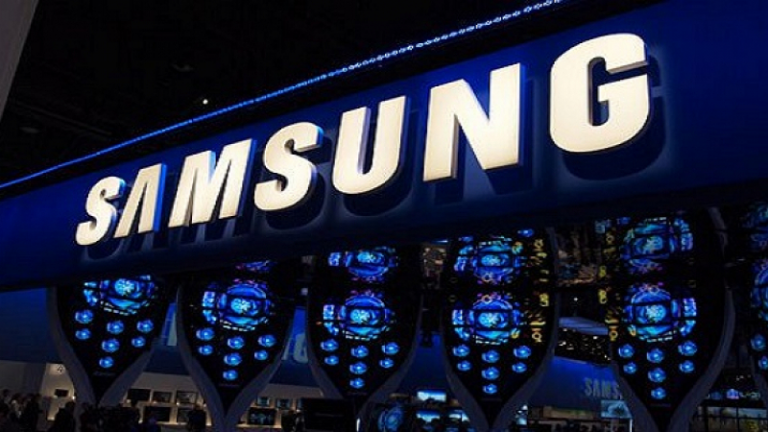U.S. Jury Orders Samsung to Pay $445.5m to Collision Communications Over 4G, 5G and Wi-Fi Patent Infringement


A federal jury in Marshall, Texas, has ordered Samsung Electronics Co. Ltd. to pay nearly $445.5 million in damages to Collision Communications Inc., after finding that the South Korean tech giant infringed on multiple patents covering technologies essential to 4G, 5G, and Wi-Fi standards.
The verdict, delivered on Friday, concluded that Samsung’s flagship Galaxy smartphones, laptops, and other wireless-enabled devices violated four patents belonging to Collision Communications. The patents in question relate to improving wireless network efficiency, reducing interference, and enhancing data throughput in mobile and Wi-Fi communication systems.
The ruling represents one of several nine-figure patent infringement verdicts Samsung has faced in the same Eastern District of Texas, particularly in Marshall, which has long been a preferred venue for high-stakes intellectual property disputes due to its fast docket and jury pool familiar with complex technology cases.
Register for Tekedia Mini-MBA edition 18 (Sep 15 – Dec 6, 2025): registration continues.
Tekedia AI in Business Masterclass opens registrations.
Join Tekedia Capital Syndicate and co-invest in great global startups.
Register for Tekedia AI Lab: From Technical Design to Deployment.
According to court documents, Collision Communications, headquartered in Peterborough, New Hampshire, sued Samsung in 2023, alleging that the company had knowingly used its patented technologies without authorization in a broad range of consumer electronics, including its Galaxy S series smartphones, Galaxy Tab tablets, and certain laptop models that use 4G and 5G chipsets.
Collision argued that Samsung’s products made use of key innovations that improve signal quality and data transmission in congested wireless environments—technologies originally developed as part of research conducted by BAE Systems, a British defense contractor. The intellectual property was later acquired by Collision from BAE Systems, although BAE is not directly involved in the litigation.
The patents asserted in the case include U.S. Patent Nos. 8,848,556, 9,230,966, 9,456,210, and 10,257,913, all of which describe mechanisms for efficient data communication and adaptive bandwidth optimization across wireless networks.

Samsung denied the allegations, maintaining that its products were built using proprietary technologies and that Collision’s patents were invalid, overly broad, and unenforceable. The company’s defense lawyers also argued that Collision’s inventions were not fundamental to the standards governing 4G and 5G communications.
However, the jury found in favor of Collision on all counts, determining that Samsung had willfully infringed the patents—a finding that could potentially lead to enhanced damages if upheld by the presiding judge.
Neither Samsung nor Collision’s legal representatives have commented publicly since the verdict.

The Eastern District of Texas, particularly the Marshall Division, has been at the heart of some of the largest technology patent awards in U.S. history. Samsung itself has been hit with several similar rulings in recent years, including verdicts exceeding $200 million in separate cases involving semiconductor and wireless standards.
Legal analysts say the ruling is significant not only for its financial size but also for its implications in the ongoing battle over standard-essential patents (SEPs)—technologies that are integral to the functioning of mobile networks and often subject to fair, reasonable, and non-discriminatory (FRAND) licensing terms.
The outcome adds to growing pressure on major smartphone makers, including Apple, Huawei, and Samsung, which have faced a barrage of lawsuits from smaller research-based firms claiming infringement on network and connectivity patents.
If upheld, the $445.5 million judgment will stand among the largest patent infringement damages ever awarded against Samsung in the U.S., highlighting the financial risks global tech firms face as patent enforcement intensifies amid the 5G and next-generation communications boom.
The verdict also underscores the ongoing trend of smaller research firms leveraging intellectual property portfolios originally developed for defense, telecommunications, or academic research to challenge larger players dominating the consumer electronics industry.





